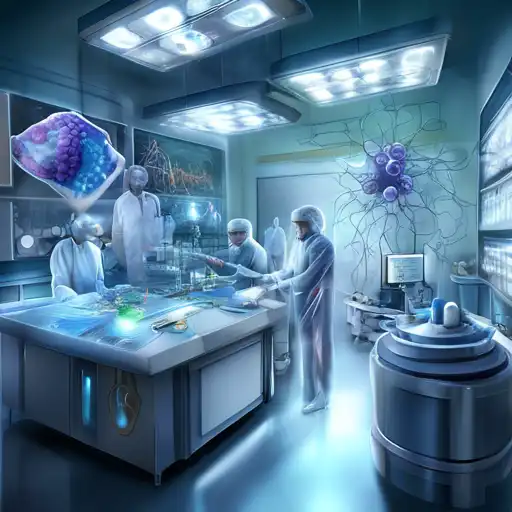Introduction to Nanotechnology in Medicine
Nanotechnology, the science of manipulating matter at the atomic and molecular scale, is set to revolutionize the medical field. With its potential to diagnose, treat, and prevent diseases at a cellular level, nanotechnology in medicine is indeed the next big thing. This article explores the groundbreaking advancements and the future prospects of nanotechnology in healthcare.
The Current State of Nanotechnology in Medicine
Today, nanotechnology is being used in various medical applications, from drug delivery systems to diagnostic tools. Nanoparticles can target specific cells, such as cancer cells, delivering drugs directly to the affected area without harming healthy cells. This precision reduces side effects and improves treatment efficacy.
Advancements in Drug Delivery
One of the most significant contributions of nanotechnology is in the field of drug delivery. Nano-carriers are designed to transport drugs to precise locations in the body, enhancing the therapeutic effects while minimizing adverse reactions. This method is particularly promising for treating complex diseases like cancer and Alzheimer's.
Diagnostic Breakthroughs
Nanotechnology also plays a crucial role in diagnostics. Nano-sized sensors and devices can detect diseases at their earliest stages, often before symptoms appear. Early detection is key to successful treatment, making nanotechnology an invaluable tool in modern medicine.
Future Prospects
The future of nanotechnology in medicine is boundless. Researchers are exploring its use in regenerative medicine, including tissue engineering and organ repair. With ongoing advancements, nanotechnology could soon make personalized medicine a reality, tailoring treatments to individual genetic profiles.
Challenges and Ethical Considerations
Despite its potential, nanotechnology in medicine faces challenges, including safety concerns and ethical issues. The long-term effects of nanoparticles on the human body and environment are still under study. Moreover, the high cost of nanotechnology-based treatments could limit access for many patients.
Conclusion
Nanotechnology in medicine represents a frontier of innovation, offering hope for more effective and less invasive treatments. As research continues to overcome current limitations, the integration of nanotechnology into healthcare promises to transform the way we diagnose, treat, and prevent diseases. The journey of nanotechnology in medicine is just beginning, and its full potential is yet to be realized.
